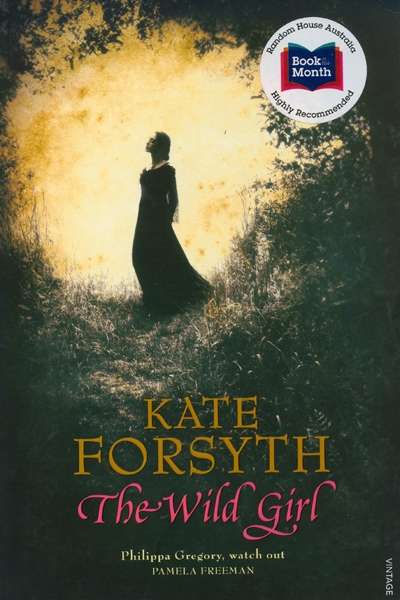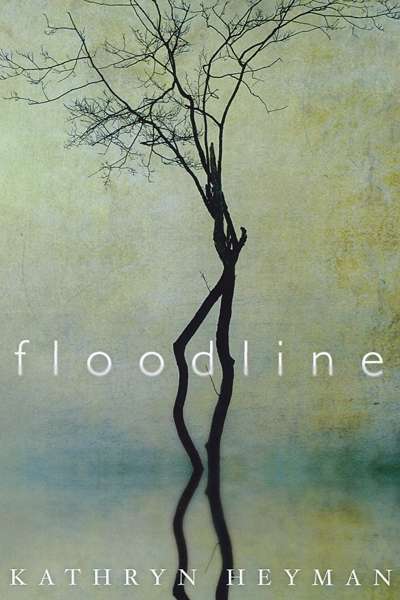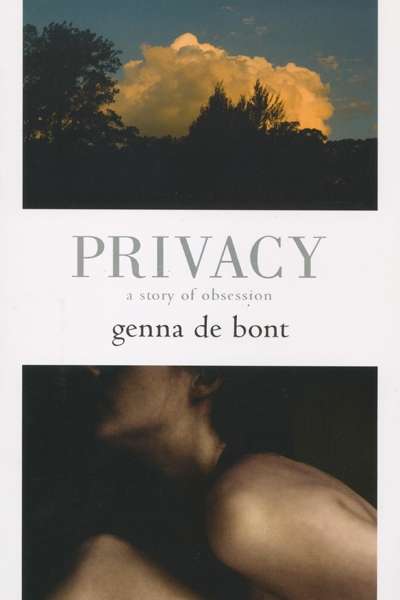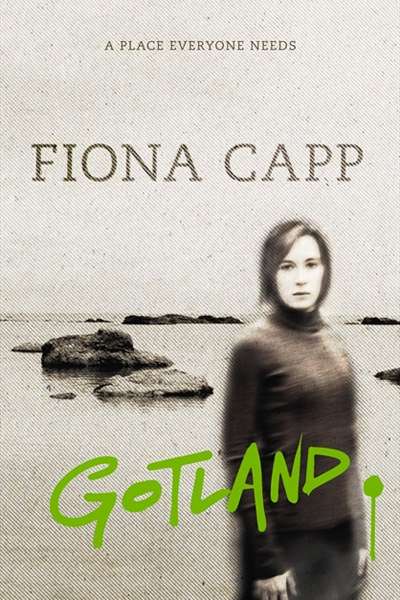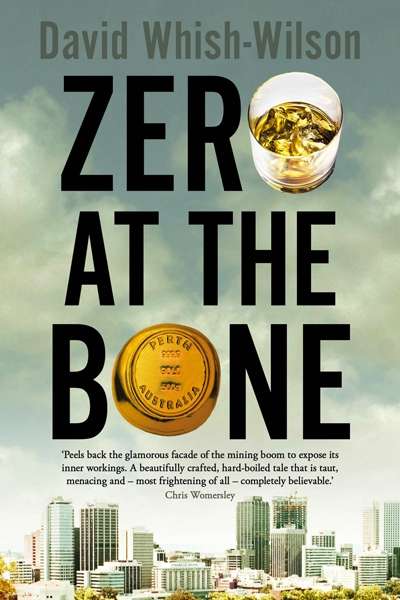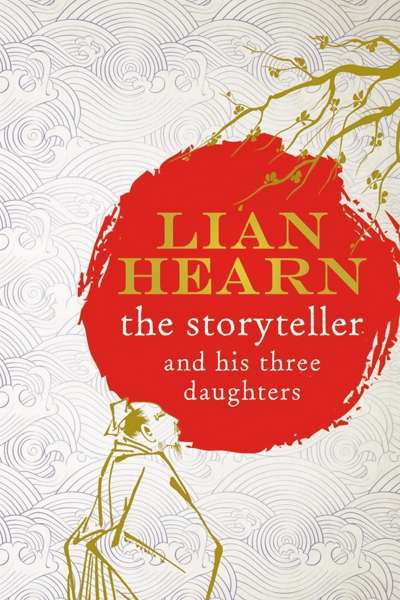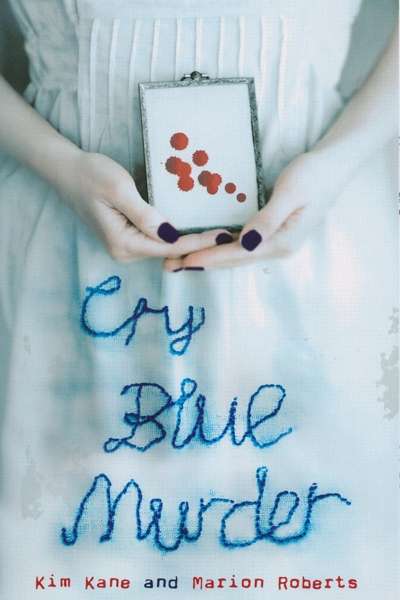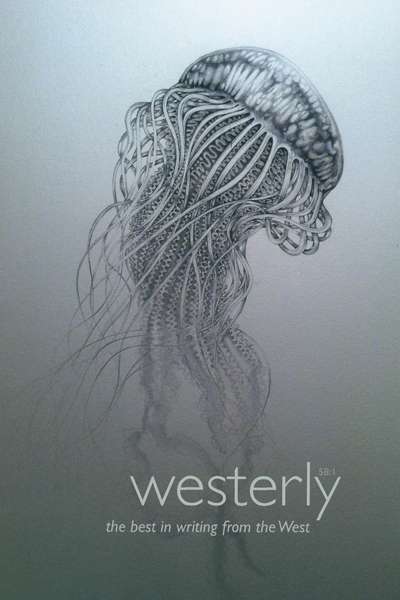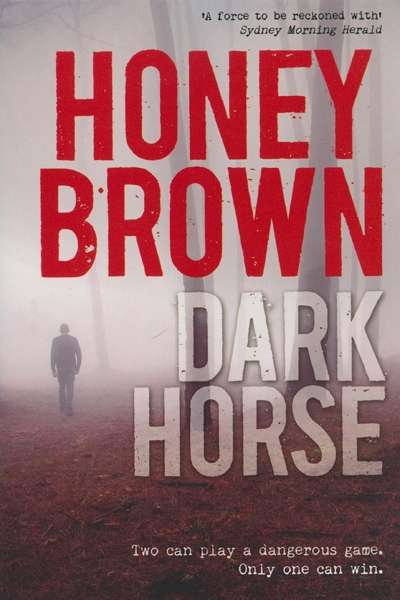Australian Fiction
The Storyteller and his Three Daughters by Lian Hearn & Henry Black by Ian McArthur
You think you know what Jackie French’s Refuge (Angus & Robertson, $15.99 pb, 261 pp, 9780732296179) is going to be about, with its front cover photograph of a young boy, his dark eyes full of apprehension and sorrow. You still think you know when the refugee boat carrying the boy, Faris, and his grandmother, Jedda, to Australia is swamped by a huge wave and sinks. So you are almost as puzzled as Faris when he awakes to find himself in a sunlit bedroom with palm trees and a blue sky outside, and his beloved Jedda making breakfast for him. She encourages him to play on the beach, where a strange assortment of children is playing ball, and a naked, dark-skinned youth is spearing fish in the shallows. Faris is invited to join the game, with one proviso: on the beach he must never speak of the past. Faris agrees; there is too much pain in his past to talk about it.
... (read more)
